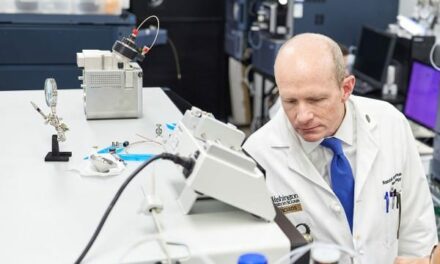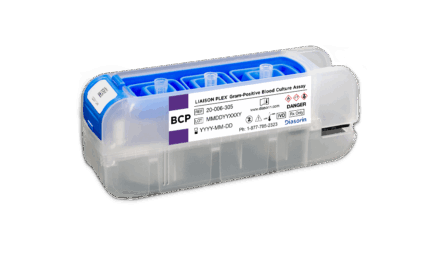PerkinElmer Inc., Waltham, Mass, launched the life science industry’s first no-wash Ubiquitin phosphorylation at Serine 65 immunoassay for studying defective mitophagy biological mechanisms that have been broadly associated with diseases such as Parkinson’s and Alzheimer’s. The new PerkinElmer Cisbio HTRF Phospho-Ubiquitin (Ser65) Cellular Kit takes analysis efficiency and accuracy to the next level compared to existing techniques such as Western blot and is aimed at helping scientists discover new therapeutic candidates earlier in the disease cycle.
The assay leverages TR-FRET technology to bring high sensitivity across a wide range of analytes and greater study specificity to the Phospho-Ubiquitin (Ser65) intersection point that has been shown to play a key role in mitophagy dysfunction and breakdowns in the complex network between neurons and glial cells which can lead to neurodegenerative disease.
Efficient and streamlined workflows and accelerated data delivery are also provided by the immunoassay’s mix and read method approach and compatibility with microplate readers such as PerkinElmer’s Victor Nivo or EnVision systems. Analysis can also be automated and run in high-throughput formats.
“With over 70 million people around the world living with Alzheimer’s and Parkinson’s and the sheer complexity of how neurodegenerative disease develops in the brain, it is critical that scientists have the tools they need to help unlock promising avenues of study such as modulating mitophagy impairment,” says Alan Fletcher, VP and GM of Life Sciences, PerkinElmer. “With this new immunoassay, researchers now have a more efficient and effective way to study a key biomarker which could lead to exciting new therapeutic candidates.”
The new PerkinElmer Cisbio HTRF Phospho-Ubiquitin (Ser65) Cellular Kit joins PerkinElmer’s range of immunoassay kits and reagents for neuroscience applications across HTRF, Alpha, Lance and Delfia.
For more information, visit PerkinElmer.





